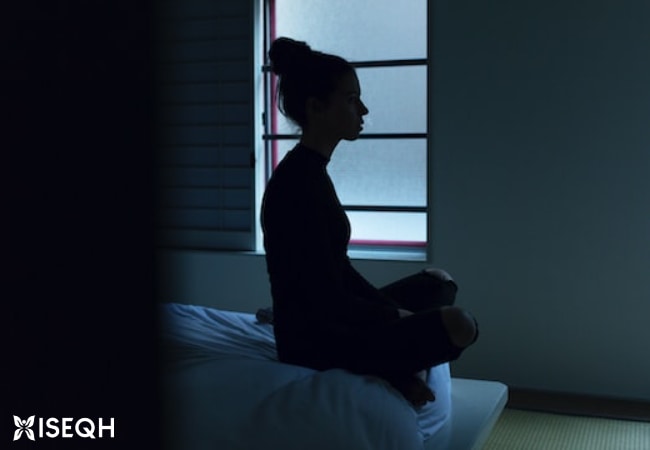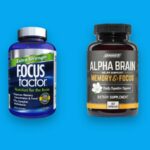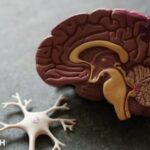
Table of Contents
What is L-Theanine
L-Theanine is a naturally occurring amino acid in tea, coffee, and certain fruits. It is also found in dietary supplements. It is one of the most popular natural alternatives to drugs for treating anxiety, stress, and depression. It has also been found to enhance cognitive performance, including memory and learning capacity.
There are many claims about the health benefits of L-Theanine. But unfortunately, many of these claims are exaggerated or unsubstantiated by scientific evidence. In this post, I will provide an overview of the science behind these claims and discuss their usefulness in treating depression and anxiety.
Why is L-Theanine so Popular for Treating Anxiety & Depression?
L-Theanine is one of the most popular natural treatments for anxiety and depression because it is a natural compound with few side effects and is not addictive. The most popular form of L-Theanine is green tea extract (GTC).
This is because green tea is one of the most widely consumed beverages in the world. It is also rich in compounds that have been shown to enhance mood and promote calm and relaxation. For example, when combined with caffeine, a stimulant, the effects of L-Theanine are increased. This combination has been shown to improve attention span, boost concentration, reduce stress, and enhance mental clarity.
For this reason, it is thought that it may be beneficial in treating anxiety, depression, and cognitive impairment associated with conditions such as Alzheimer’s and dementia.
But in some cases, this can lead to a negative outcome known as rebound effects which can exacerbate depression and anxiety. This is especially true when the supplement is taken in high doses for an extended period without a proper dosage schedule.
Can L-Theanine Make You Jittery?
Theanine can make you feel jittery because it stimulates the production of dopamine, a chemical in the brain that helps regulate emotional responses. For example, high dopamine levels can cause euphoria, happiness, excitement, and nervousness.
In some cases, the jitteriness caused by theanine can be unpleasant and unsettling, especially for people with anxiety disorders. It can also make it difficult to sleep for some people.
Rebound Effects from L-Theanine
Rebound effects occur when a person takes too much of a supplement such as L-Theanine for a long period. It can lead to severe physical and psychological symptoms, such as headaches, nausea, irritability, and anxiety. It may also cause insomnia and difficulty concentrating.
Some of the negative effects that L-Theanine can cause include:
Headaches
Irritability
Nausea
Insomnia
Increased Anxiety
Does L-Theanine Help With Anxiety Attacks?
L-Theanine has been shown to help people with anxiety disorders because it helps calm the nervous system and lower stress levels. In addition, studies have shown that people who take L-Theanine have faster response times to stress and anxiety than people who don’t take the supplement.
Studies have found that L-Theanine may relieve the symptoms of anxiety disorders and reduce stress levels in people who take it regularly. It may also help to improve sleep and reduce the incidence of panic attacks in people with anxiety disorders.
It is sometimes used to treat people with post-traumatic stress disorder who have trouble sleeping and suffer from mood swings and depression.
KEY TAKEAWAY
L-Theanine is safe for most healthy people with no health condition or disease that could be made worse by taking it.
L-Theanine could make anxiety and depression even worse in people with certain health conditions or diseases, however. Hence, it is important to consult a doctor if you have one of these conditions or diseases before taking it.
Please do not over-exert yourself while taking L-Theanine. Also, do not drink alcohol while taking L-Theanine. L-Theanine is safe for pregnant women, but breastfeeding women should check with their doctor before taking it.








